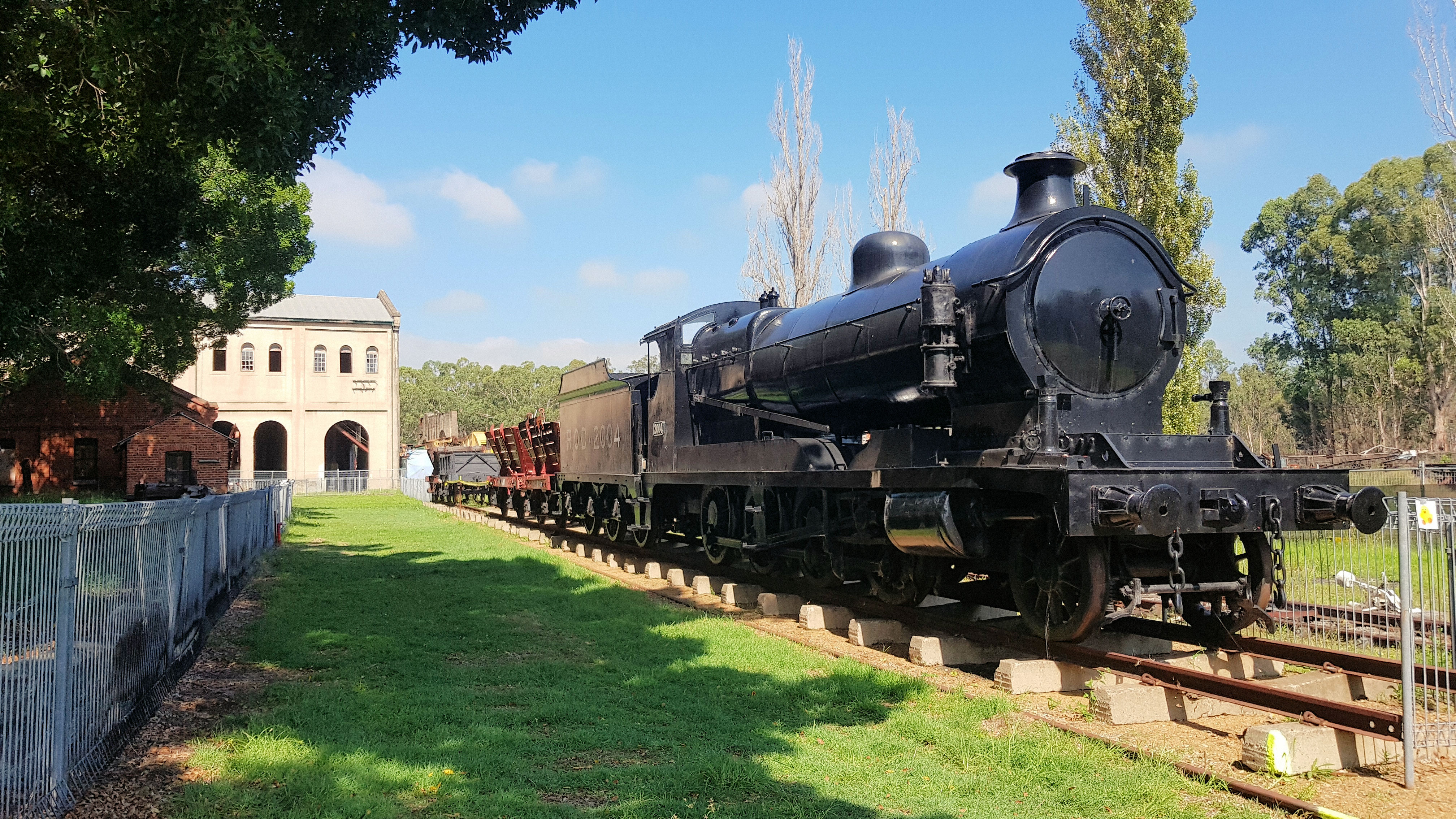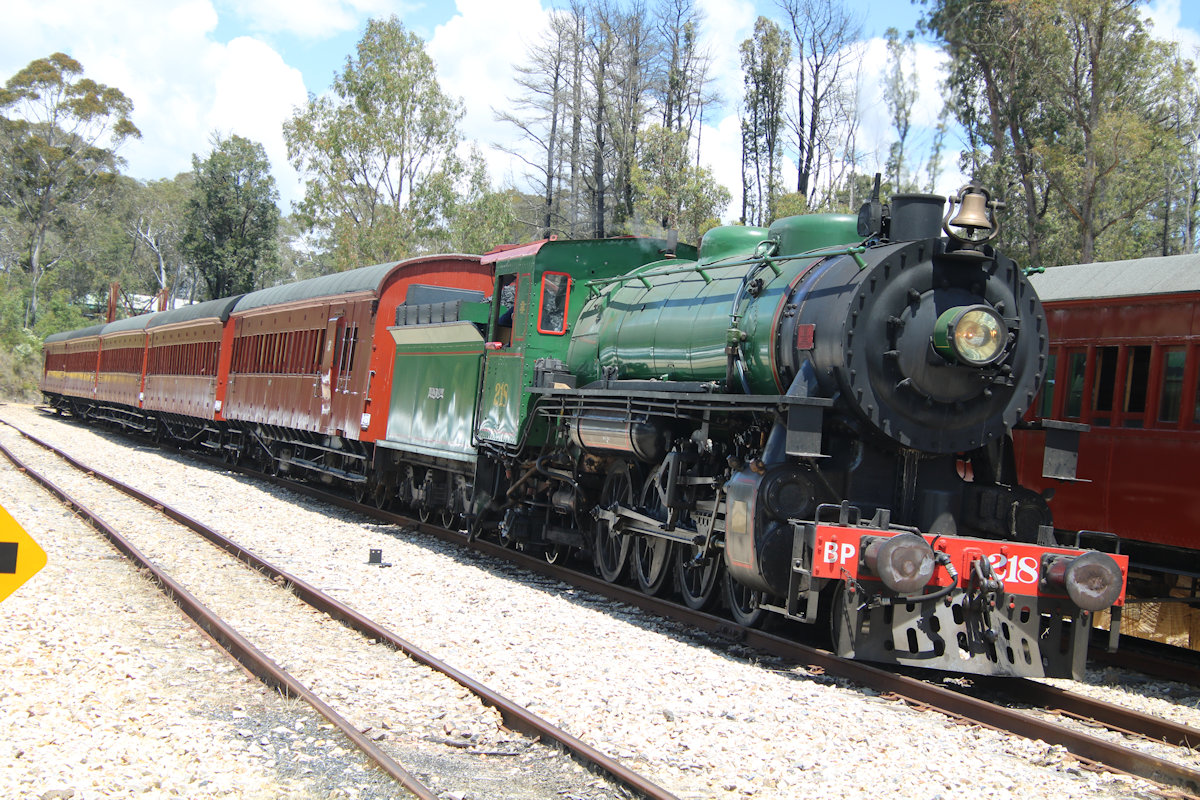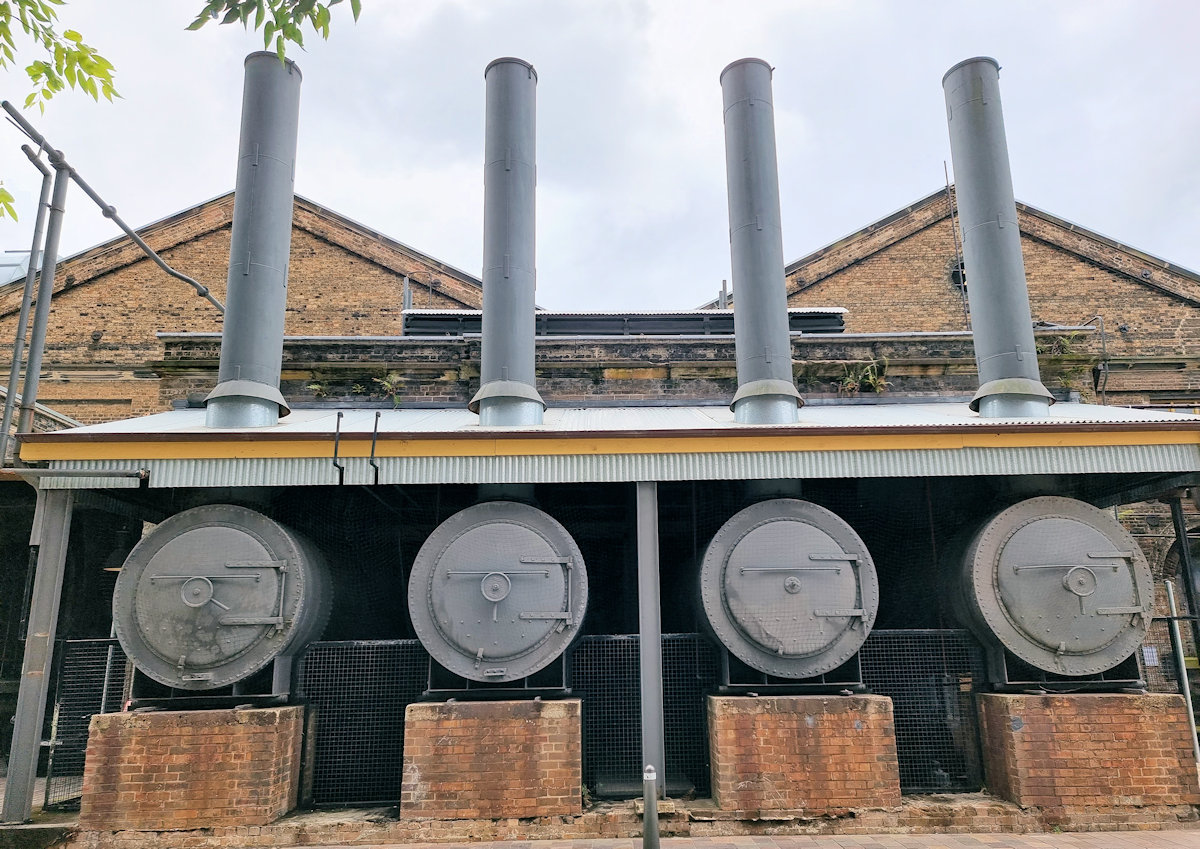Tag: railway
-
Richmond Vale Railway Hunter Valley

Richmond Vale Railway The Richmond Vale Railway Museum is located just outside of Kurri Kurri New South Wales. Run by volunteers, it is set in the old Pelaw Main colliery and aims to preserve local railway history. Unfortunately a bushfire went through the area in early 2018, destroying a large section of track and many… Read more
-
Zig Zag Railway

Zig Zag Railway Blue Mountains Australia Located in the Blue Mountains of New South Wales, Australia the historic Zig Zag Railway is a unique railway, with its zigzagging track and vintage steam locomotives. Offering an experience of travel in the late 19th century, it’s a must do if visiting Sydney. History The Zig Zag Railway’s… Read more
-
South Eveleigh Sydney Australia

South Eveleigh Sydney Australia Located in Sydney Australia, South Eveleigh has undergone significant revitalization in recent years. This transformation has turned an industrial site into a modern and dynamic precinct that combines technology, innovation, lifestyle, and heritage. One of the major highlights of South Eveleigh is its rich industrial heritage. The site was once home… Read more